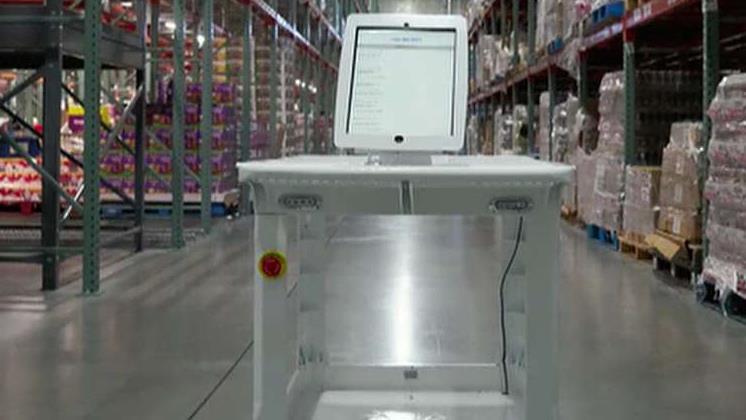Robots will probably take your job, but we need them to
The number of Americans seeking unemployment benefits fell to its lowest level in 44 years last week, with initial claims for state unemployment benefits dropping 22,000 to a seasonally adjusted 222,000. According to the Labor Department, the last time so few Americans applied for unemployment was in March 1973.
While low unemployment is a good signal for the economy, the labor market has become so tight that it’s negatively impacting employers. According to the Fed’s latest Beige Book, released Wednesday, many employers are having difficulty finding qualified workers, particularly in construction, transportation, skilled manufacturing and some health care and service positions. These shortages have in turn restrained business growth.
At the same time that the labor market is constrained, an ongoing robotic revolution could transform the employment landscape. Advancements in robotics including artificial intelligence and machine learning will lead the way to what is being called “The Fourth Industrial Revolution.” According to the World Economic Forum, this will cause widespread disruption not only to business models but also to labor markets over the next five years, with enormous change needed in workers’ skill sets in order to thrive in the new landscape.
While it will take some time for this evolution to come, the world’s business leaders including Tesla (NASDAQ:TSLA) CEO Elon Musk have voiced their concerns about the advancement of artificial intelligence and what it will mean for jobs, as well as the economy.
While it’s evident that automation will take some jobs, that may be a good thing right now for business growth as the skilled worker shortage persists. As long as workers focus on developing the skills that are most likely to differentiate themselves to robots, like communication and problem solving, their job security looks promising.




















